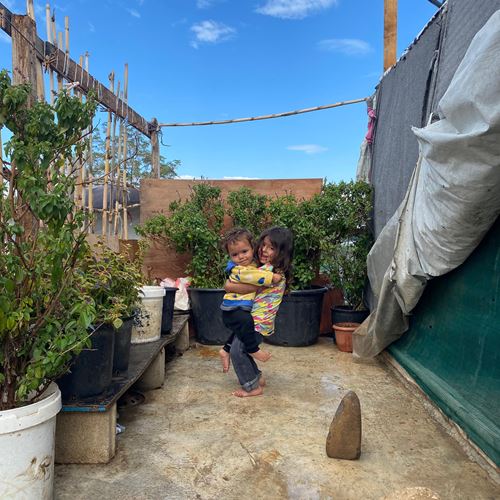Lebanon is currently experiencing several overlapping and complex crises. A prolonged economic collapse has intersected with the escalation of hostilities and the ongoing impacts of the Syria crisis. Recent shifts in the political landscape in Syria are also raising questions about the future of refugees, contributing to growing uncertainty and pressure to return, which must be safe, voluntary, dignified, and based on informed decision-making, in line with international standards. The effects of these events are felt across all communities in Lebanon, but particularly among those that were already vulnerable.
Lebanese families affected by internal displacement and poverty struggle to access basic services that are overstretched and inadequate to the growing needs. Syrian refugees, continue to face barriers to legal residency, employment, and basic services. Access to education, healthcare, and safe housing is becoming increasingly difficult for many, resorting to a spiral of negative coping mechanisms to survive, making difficult choices every day, such as resorting to school dropout and child labor, exploitation, reducing the food intake, renounce to purchasing medicines.
With the key support of the European Union, the SPEAC Consortium, made by the Danish Refugee Council, the International Rescue Committee (IRC) and INTERSOS, aims to strengthen protection environment and promote evidenced based advocacy. Since 2023, the consortium has reached more than 100,000 people from all population groups providing essential protection services across all Lebanon, including legal assistance, support to gender-based violence survivors, mental health and psychosocial care, child protection, and other protection emergency situations. The consortium also supports referral system pathways, that ensure vulnerable populations are properly referred and receive timely services by humanitarian actors across Lebanon.
Alongside service delivery, the consortium also gathers and shares information about the protection situation in Lebanon, to inform the humanitarian response and influence national and international policies on refugees and support durable solutions for Lebanon.
